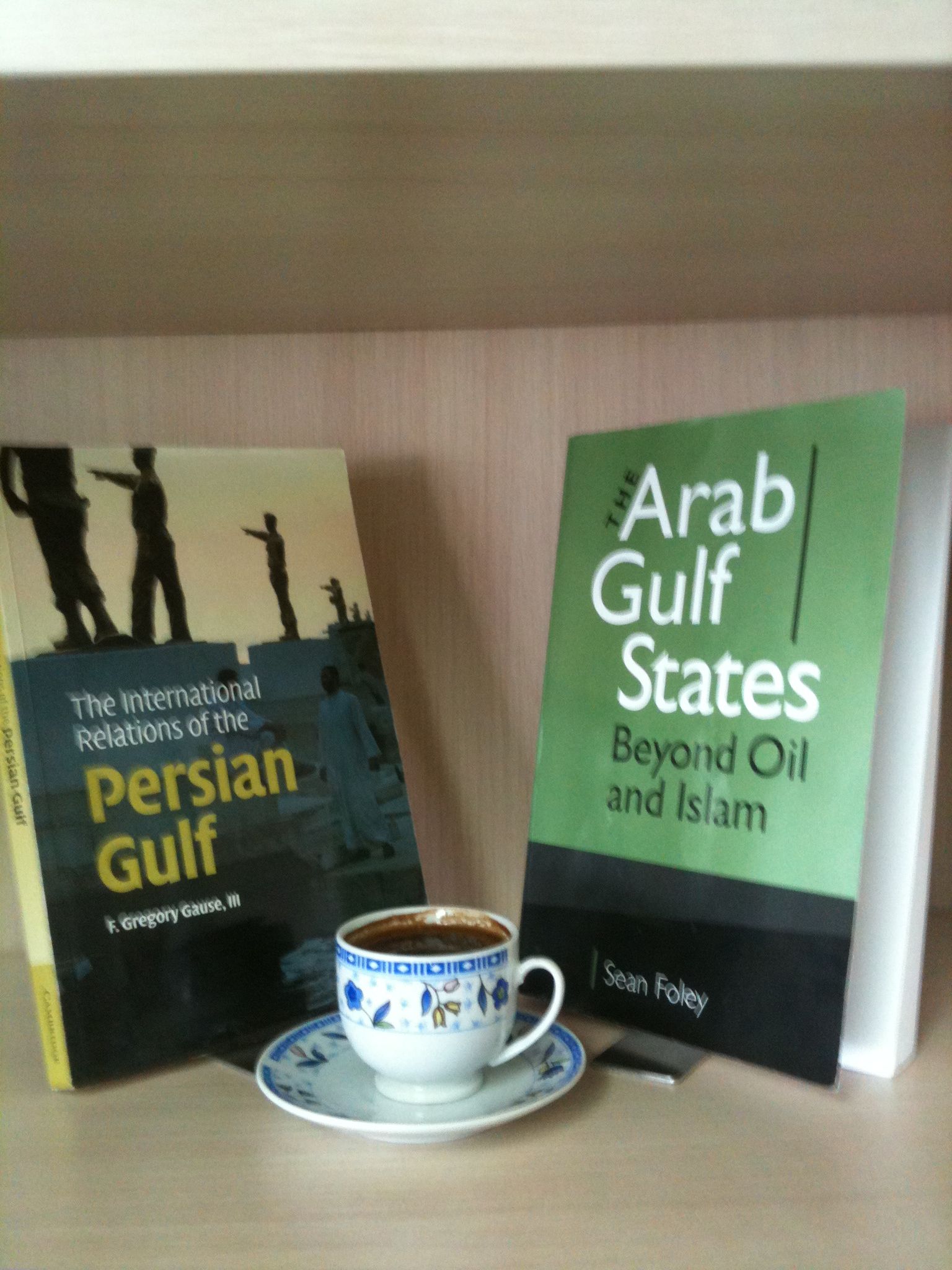
Reflections on the Gulf Studies
The Arab Gulf region is of great geopolitical importance owing to its oil and natural gas deposits. Ironically, the history and international relations of the region had, for several reasons, been quite neglected by the academic arena for decades. First and foremost, where political studies are concerned, this neglect had been linked with the development of the discipline itself and its debate in and toward non-Western states and societies specifically (see, e.g., Anderson 1987:1; Green 1993:517–518). Second, up until the late 1980s, studies on the Gulf region had been closely associated either with an examination of the Islamist role or with the Arab–Israeli conflict. Third, many orientalists and policy makers were more interested in examining the region to pursue their …
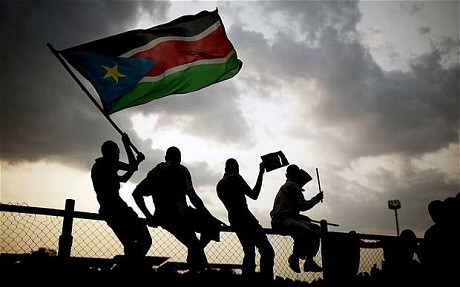
The Two Sudans, One Year On.
Following decades of internal civil strife, on July 11, 2011, the African nation of Sudan separated into two de jure sovereign states as the South finally gained its long-awaited independence. Yet those with any sort of intimate knowledge of Sudan will have viewed the scenes of jubilation across the South and the calm acceptance displayed by the North on the day of separation with caution. Although South Sudan’s moral claims to independence were never in doubt, its possibility of a peaceful future appeared, if anything, less certain following its separation from the North. A year on, it is a prescient time to reflect on how Africa’s most recently divorced couple are faring on their separate paths. For South Sudan, like …
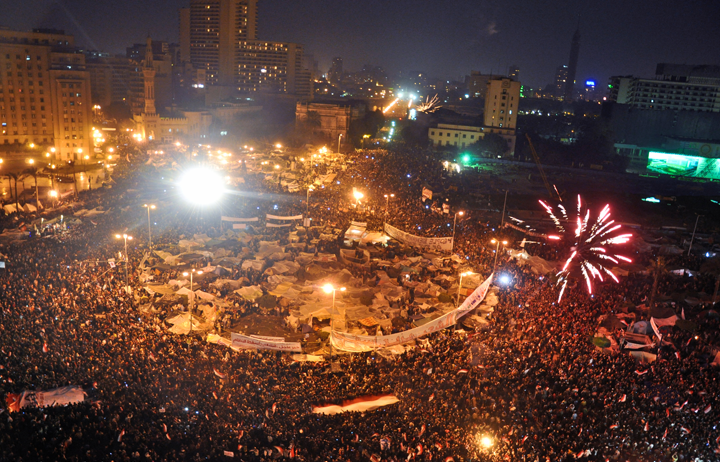
Egypt’s 2011 Revolution: Beyond Conventional Transitional Justice
After former Egyptian President Hosni Mubarak was toppled in February 2011, the Supreme Council for the Armed Forces assumed executive power in Egypt, and launched the ‘transitional period.’ In the seemingly boundless space created by Mubarak’s absence, millions of citizens freely debated every aspect of the emerging political and social order, in public meetings, at home, in the media, and on the streets. It was a time of limitless imagination. Meanwhile, amongst international and Egyptian human rights organisations, a more contained conversation began on the practice and precedents of transitional justice. Cairo soon played host to major conferences on the subject. In these meetings, three central assumptions were regularly made, particularly by international participants. First, transitional justice precedents offer the …

Discontent in Paradise: Protests in Hong Kong
This weekend, Hong Kong, the newly declared “best city in the world”, celebrated the 15th anniversary of its return to China, and swore in its new leader, Beijing-backed Leung Chun-ying, the third Hong Kong Premier since its re-joining of the mainland. However, events that took place on Saturday and Sunday have indicated that the public mood within Hong Kong is far from universally jubilant. While the official media has been full to the brim of Chinese nationalism-oriented elation, on the Saturday evening many residents of Hong Kong displayed their increasing anger with the actions and dictates of the parent state by protesting outside of the Convention centre where Hu Jintao was due to inaugurate Leung. Protests continued throughout the Saturday …
ICC Captive Is Pawn in Struggle between Militias and the NTC
The key fault lines dividing the interim Libyan central government from both the militias and the international community are starkly illustrated in the ongoing saga surrounding the detention of four International Criminal Court (ICC) officials in Libya since June 7th. Among the detainees, Melinda Taylor has received the brunt of media attention, because she is a young and attractive Australian lawyer who was assigned by the ICC to represent the deposed dictator’s son, Saif al-Islam al-Qadhafi. She is currently being held captive by Zintani militiamen for ‘spying’. She allegedly possessed a digital pen camera and passed her client encrypted messages from Mohammad Ismael — a former crony of Saif’s, wanted for war crimes. It will likely be impossible for the …
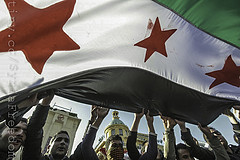
Lifting the Siege: Protecting Civilians in Syria
Even the most zealous ideologues have been challenged approaching Damascus. Thrown from their horse, they have been left dazed and partially sighted, forced to re-examine their norms. Damascus has presented such a challenge once again in recent months. This time, it is the new norm in international relations known as R2P—the responsibility to protect—that has been temporarily unseated. It is a simple formula. This important new norm contends that it is the international community’s responsibility to protect civilians when a state fails in its responsibility to do so. R2P has made swift progress in the international community since its adoption (in a watered-down form) at the United Nations Summit in 2005, gaining acceptance at the same time as the rise …
Iran and the Nuclear Negotiations in Moscow: The ‘give and take’ of sensitive technology
“Until recently having or not having nuclear weapons appeared to be and was treated as a question of yes or no”, wrote Thomas Schelling in a piece called ‘Who Will have The Bomb’, written in 1976 following India’s first use of a ‘peaceful’ nuclear explosive (PNE). “From now on it will make more sense to describe a country’s nuclear-weapons status not with a yes or a no but with a time schedule”. When this was written, India’s first PNE was viewed by the international community as a lesson learned; it was clearly an example of sensitive technology and nuclear material for peaceful purposes being diverted towards military use. It was alleged that the Indian test had been carried out using plutonium from the CIRUS …
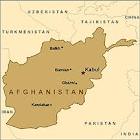
Promise and peril of NATO’s ‘irreversible’ exit from Afghanistan
With the military campaign in Afghanistan in the middle of its eleventh year, NATO has firmly moved from what is idealistically desirable to what is realistically achievable in the war-torn country. Over a decade ago, NATO intervened in Afghanistan with post-Cold War ambition. But the experience in Afghanistan, where the battle with Taliban-led insurgents is far from over, has put many off protracted peacekeeping missions. The US, who went into Afghanistan with a neoconservative mission of turning a tribal system upside down, is finally settling for an imperfect yet “responsible end” to a prolonged, unpopular, costly and deadly war. At the recently-held summit in Chicago, NATO leaders announced an “irreversible” three-stage security transition plan. Under the plan, Afghan National Security Forces …









